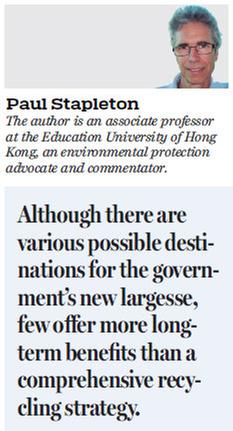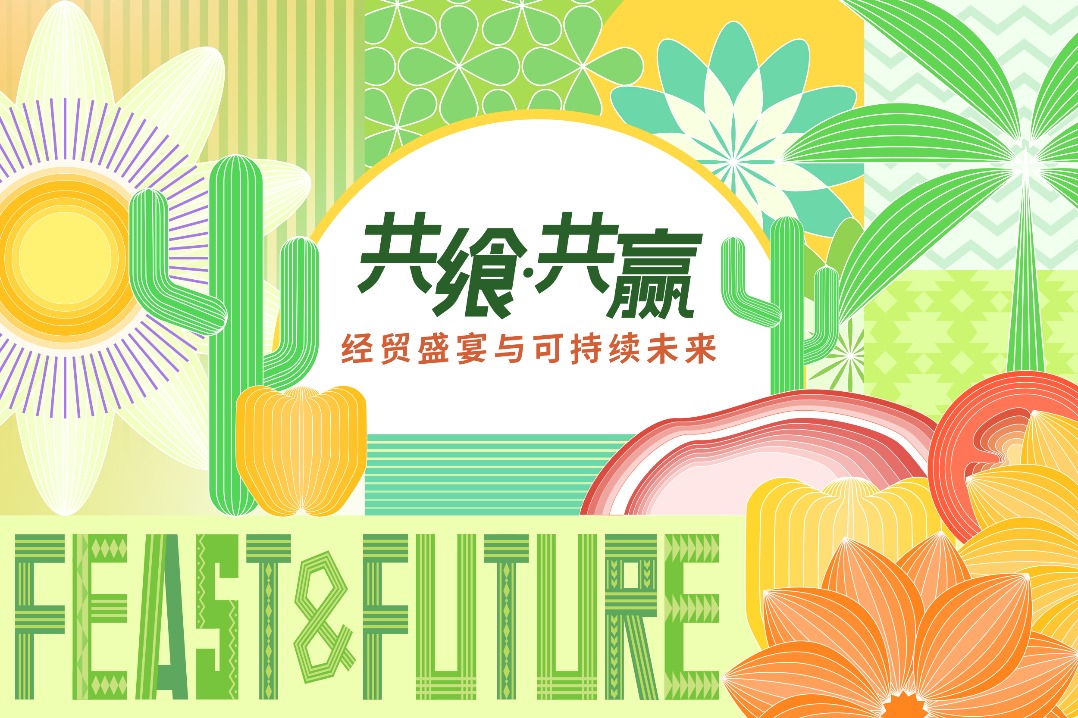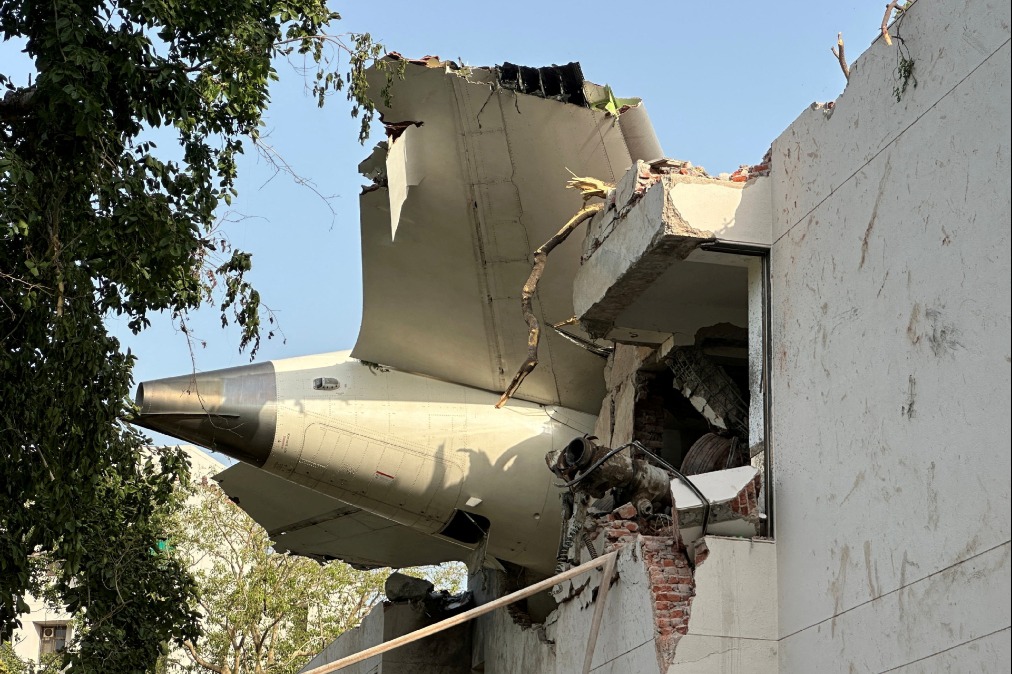Glass bottles good target for higher government spending

Chief Executive Carrie Lam Cheng Yuet-ngor has indicated there may be a major fiscal policy shift; reversing the miserly stance of the past decade will surely bring out myriad requests for increased funding. There is certainly no end to worthy causes, and no doubt in the coming weeks and months interest groups will lobby in order to have their fair share if the reversal in policy actually ends up providing significant resources. Just to start the ball rolling, I would like to propose an idea that would benefit everyone and incur minimal costs. In a word, subsidize the recycling of glass.
Four years ago a government consultation document proposed a levy of HK$1 on glass beverage bottles to promote recycling and cover the processing cost. Apparently next year - in other words five years after the initial proposal - that levy will come into effect. This initiative, although sloth-like, shows our government is concerned about the 200 tons of glass we discard daily, of which only one-10th are recycled. To put that number in perspective, it's the equivalent weight of about 20 double-decker buses. However, the levy will not necessarily change people's behavior. Presently, there are fewer than 2,000 recycling bins for glass around the city and if my experience is anything to go by they are seldom used.
Until now, unlike in many countries, glass recycling in Hong Kong has received little support from the government. And since contractors have difficulty recovering their costs, there is little incentive to collect discarded glass bottles. So this means almost 200 tonnes of glass daily end up in our landfill sites, which are scheduled to reach maximum capacity by 2019.

Glass bottles are especially appropriate for recycling. Unlike plastic, paper or food waste, they are easily cleaned and don't smell. When recycled, the quality of glass does not decline. In other words, among all the things we should be recycling, glass is an excellent candidate to make a serious start. And this is where that reversal in fiscal policy can make a difference. For a relatively small amount of funding, subsidizing glass bottle recycling and increasing the number of collection sites, coupled with a public education campaign, could bring about a real move toward waste recycling in Hong Kong, and make some small steps toward bringing its citizens into the 21st century of waste management.
The average Hong Kong resident now generates almost double the amount of waste per day - 1.39 kilograms according to the Environmental Protection Department - as the average Tokyo resident. So far, our government's solution to our rapidly filling dump sites has been to build unpopular incinerators, which are expensive to operate and only add to our air pollution.
Glass bottles account for just 2 percent of our solid waste but they are the low-hanging fruit when it comes to recycling opportunities. In terms of value for money, our government - with its looser fiscal policy - will find few alternatives that provide a better bang for their buck.
But we needn't stop with the low-hanging fruit. On a recent trip to Toronto, Canada, I stayed in a condominium for a few weeks where I became acquainted with what that city does with its consumer trash. Given that the vast majority of Hong Kong's population lives in high rises, I was interested to see how Toronto manages its waste from apartment buildings. In the apartment where I stayed, there were three separate garbage bins - one for recyclable material such as glass, tins and plastic, one for food scraps and one for general waste. When one became full, I went to a chute in a hallway on my floor. Before dropping in the bag, I pushed one of three buttons representing the type of waste I was disposing of. Thus, simply by pushing a button, the chute mechanism could direct the particular type of waste material I was placing in the chute into its proper place once it landed on the ground floor.
This shows there are easy recycling solutions for residents of large buildings. In other words, there is no need for Hong Kong to reinvent the wheel. Our government could start by requiring all newly constructed buildings to include garbage chutes similar to the one I saw in Toronto. Older housing estates could be retro-fitted. Naturally, to turn Hong Kong into a recycling-friendly city, education campaigns would be needed to bring the public on board, and contractors would be required to process the waste materials. Undoubtedly, this would be costly. But incinerators and landfill sites are not cheap either.
In the end, although there are various possible destinations for the government's new largesse, few offer more long-term benefits than a comprehensive recycling strategy.
(HK Edition 08/21/2017 page8)
Today's Top News
- Is a war in the Middle East imminent?
- Xi urges hard work to build strong China as CPC marks 120th birth anniversary of veteran leader Chen Yun
- Indian plane crash: What we know so far
- Xi to attend 2nd China-Central Asia Summit
- Xi extends condolences to King Charles III over plane crash in India
- Xi extends condolences to Indian leaders over plane crash






























